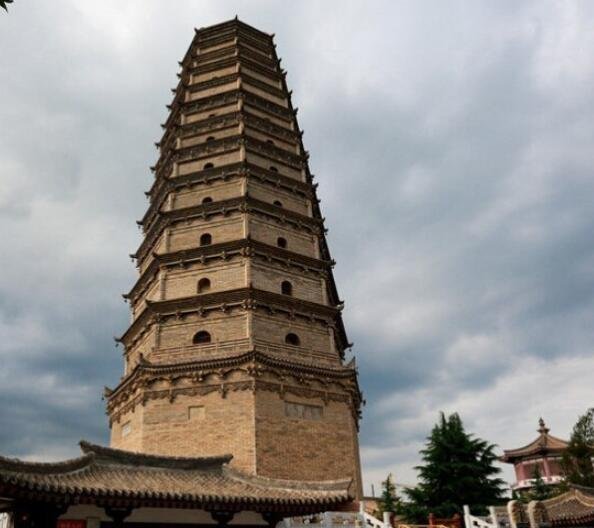Philippine elections 2016:Beyond the campaign noise
摘要: On9MaythePhilippineswillholdpresidential,legislativeandregionalelectionsafteratumultuouscampaignperi
On 9 May the Philippines will hold presidential, legislative and regional electionsafter a tumultuous campaign period filled with surprising turns and fluctuating polls. Thecandidate list was finalized in March after Grace Poe was officially cleared to run by theSupreme Court in two different judgments (see HSBC’s report, A close race, 9 March2016). Although the candidate list is now final, the outcome is anything but certain.
Of the many key polls conducted during the official polling period Grace Poe andVP Binay led most. However, in the latest round of polling since late March, most pollsshow Mayor Rodrigo Duterte leading despite a series of controversial comments thathave been widely covered by the international press and which many political punditsexpect to have an impact on polling (Reuters, 18 April). In the most recent April SWS poll(18-20 April), Mr Duterte had a 9 point lead over Senator Poe.
Over the past couple of months, markets have not reacted much to campaign news.
Given the strong similarities between candidates’ platforms, particularly concerningeconomic issues, this appears warranted (see Table 1). However, as of late, foreigninvestors have started to pay more attention to campaign developments. After months inwhich known candidates holding national-level offices vied for first place, Mr Duterte, fromoutside the mainstream establishment candidates, now appears to hold this position.
While it is clear that these elections come at a pivotal moment for the Philippines(see HSBC’s report, ‘Tis the election season, 12 January 2016), there is scant risk of anabrupt change of policy from the record of the Aquino administration. Of course, whatultimately matters is not the campaign platforms but their implementation and the qualityof governance, which President Aquino has painstakingly improved during his tenure,earning him plaudits from investors and credit rating agencies alike. As we have argued inthe past, sustained infrastructure outlay is pivotal for the country’s growth outlook over thenext decade. But over a much longer time horizon, the development and maturity of thenation’s institutions are equally important, and this is what investors should focus on forthe long haul.
In this piece, we update our screenshot of the key candidates’ economic platforms andtake a closer look at Mr Duterte’s record. We follow with the implications for FXStrategy (page 5), Rates Strategy (page 6) and Equity Strategy (page 6).
seeHSBC,sreport,However,18,April














